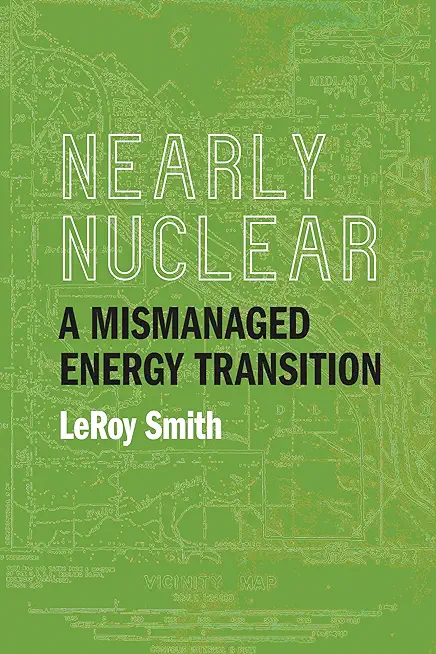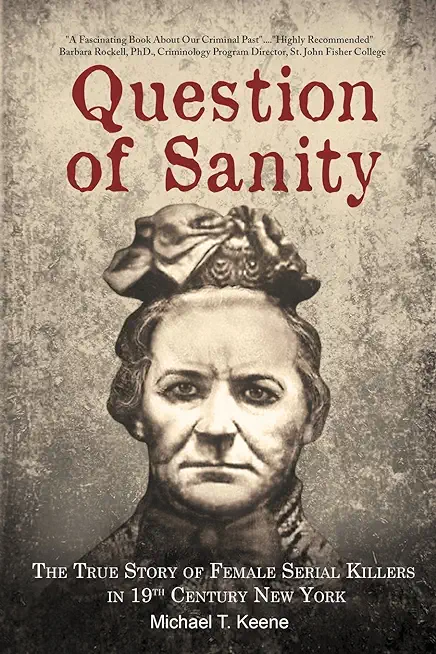
description
2When Consumers Power's plan to build a nuclear power plant in Midland, Michigan, was announced in 1967, it promised to free Michigan residents from expensive, dirty, coal-fired electricity and to keep Dow Chemical operating in the state. But before the plan could be completed, the facility was called an engineering nightmare, a financial disaster, a construction boondoggle, a political headache, and a regulatory muddle. Most locals had welcomed nuclear power eagerly. Why, after almost twenty years and billions of dollars, did this promise of a high-tech, coal-free, prosperous future fail? And what lessons does its failure offer today as Americans try to develop a clean energy economy based on renewable power? To answer these questions, energy consultant and author LeRoy Smith carefully traces the design and construction decisions made by Consumers Power, including its choice of reactor and its hiring of the Bechtel Corporation to manage the project. He also details the rapidly changing regulatory requirements and growing public concern about the environmental risks of nuclear power generation. An examination of both the challenges and importance of renewable energy, this book will be of value to anyone interested in grappling with the complexities of our ongoing efforts to eliminate fossil fuels in favor of clean renewable energy.
member goods
No member items were found under this heading.
Return Policy
All sales are final
Shipping
No special shipping considerations available.
Shipping fees determined at checkout.







